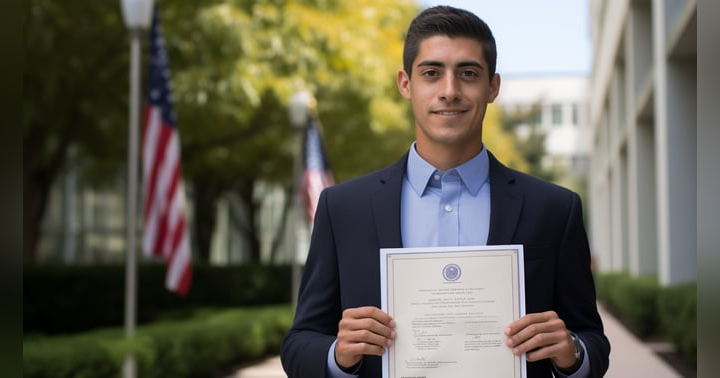Understanding the Impact of the Protect Our Communities from DUIs Act (H.R. 6976)

The recent passage of the Protect Our Communities from DUIs Act (H.R. 6976) by the House of Representatives marks a significant shift in how DUI-related offenses committed by non-U.S. citizens are addressed within the U.S. legal framework. Traditionally, under the Immigration and Nationality Act (INA), DUI offenses were considered severe, particularly when they involved repeat offenses or were coupled with other aggravating factors like causing bodily harm, driving without a license, or concurrent criminal activities. Despite this, a single DUI incident, without additional complicating factors, did not automatically lead to detention or deportation for non-U.S. citizens.
In stark contrast, H.R. 6976 mandates the detention of any non-U.S. citizen charged with a DUI offense that results in death or serious bodily injury, significantly tightening the legal consequences of such actions. This legislative change underscores a more stringent approach towards DUI offenses, reflecting a prioritization of public safety and a tough stance on ensuring accountability for actions that put the community at risk.
The introduction of H.R. 6976 can be seen as a response to perceived gaps in the existing legal framework, aiming to deter DUI offenses by non-U.S. citizens through stricter enforcement measures. This shift suggests a legislative intent to treat DUI offenses with the utmost seriousness, emphasizing the potential risks they pose to public safety and the well-being of communities across the United States.
In summary, the Protect Our Communities from DUIs Act represents a pivotal moment in U.S. immigration and criminal law, signaling a new era of enforcement and accountability for DUI-related offenses. This change highlights the evolving landscape of legal measures aimed at protecting communities. It underscores the gravity with which the legal system views DUI offenses, especially those leading to tragic outcomes.

